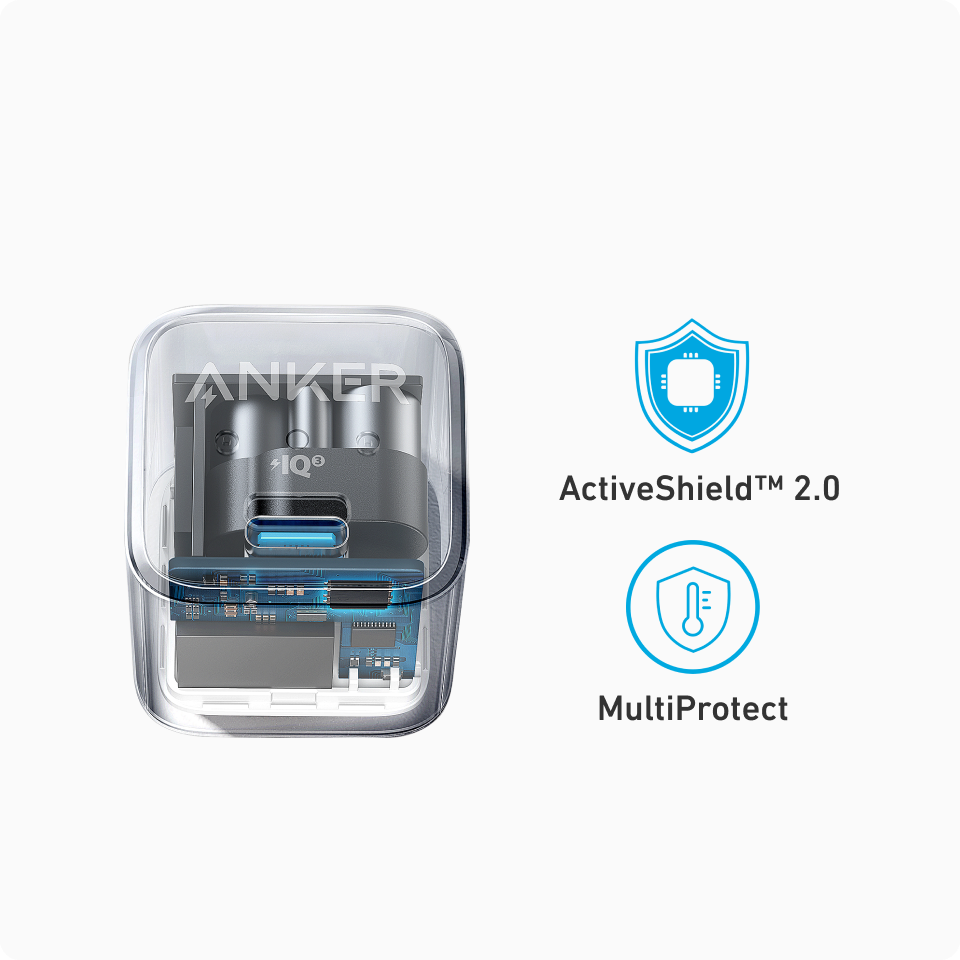
C-ing is Believing
USB-C is the future of technology, offering fast, efficient, and versatile connectivity. Leading the way in USB-C innovation, Anker is committed to providing you with reliable USB-C chargers as the ultimate charging solution for your devices.
Step into the world of next-gen charging technology—together, we're shaping a powerful tomorrow!

C-ing is Believing
USB-C is the future of technology, offering fast, efficient, and versatile connectivity. Leading the way in USB-C innovation, Anker is committed to providing you with reliable USB-C chargers as the ultimate charging solution for your devices.
Step into the world of next-gen charging technology—together, we're shaping a powerful tomorrow!


































